Installing wall lights can significantly enhance the ambiance and functionality of your home. However, the question often arises: do you need an electrician to install wall lights? This is a crucial consideration, as it involves both the aesthetic outcome and the safety of your home's electrical system. In this blog, we will explore the different aspects of wall light installation and provide a comprehensive answer to whether or not you should hire a professional electrician.
Understanding the Basics of Wall Light Installation
Before diving into whether an electrician is necessary, it's important to understand what wall light installation entails. There are two primary types of wall lights: hardwired and plug-in.
Hardwired Wall Lights
Hardwired wall lights are connected directly to your home's electrical wiring. This type of installation requires more advanced electrical work, including:
- Running Electrical Wires: This might involve cutting into the wall to run new wires or connecting to existing wiring.
- Mounting the Fixture: Securely attaching the fixture to the wall, often to a junction box.
- Connecting the Wires: Properly connecting the wires from the fixture to the home's electrical system, ensuring all connections are secure and safe.

Plug-in Wall Lights
Plug-in wall lights are simpler to install since they only require mounting the fixture to the wall and plugging it into an existing outlet. This type of installation is generally easier and less risky than hardwired installations.

When You Might Not Need an Electrician
For certain types of wall light installations, especially simpler ones, you might not need to hire an electrician. Here are some scenarios where DIY installation could be sufficient:
Installing Plug-in Wall Lights
Plug-in wall lights are designed for ease of installation. Since they don't require any modification to your home's electrical wiring, most homeowners can install these lights themselves with minimal tools and effort. The steps typically involve:
- Choosing the Location: Decide where you want to place the wall light and mark the location.
- Mounting the Fixture: Use screws or other hardware to attach the fixture to the wall.
- Plugging In: Simply plug the light into an outlet and secure the cord as needed.
Replacing an Existing Fixture
If you are replacing an existing hardwired wall light with a new one, the process might be straightforward enough for a competent DIYer. This is especially true if the wiring is already in place and in good condition. The steps generally involve:
- Turning Off the Power: Ensure the power is off at the breaker box to avoid any electrical shock.
- Removing the Old Fixture: Carefully remove the old fixture, taking note of how it was wired.
- Connecting the New Fixture: Match the wires (typically black to black, white to white, and ground to ground), secure with wire nuts, and mount the new fixture.

When You Should Hire an Electrician
There are many situations where hiring a professional electrician is not only advisable but necessary. Here are some key scenarios:
New Hardwired Installation
If you are installing a hardwired wall light where there wasn't one before, this will involve adding new wiring and potentially new electrical boxes. This type of work requires a solid understanding of electrical systems and adherence to local building codes. Mistakes can lead to serious hazards, including electrical fires. An electrician will:
- Run New Wires: Safely and correctly run new wires through walls or ceilings.
- Install Electrical Boxes: Properly install new junction boxes if necessary.
- Ensure Compliance: Make sure all work complies with local electrical codes and safety standards.
Complex Electrical Work
If your project involves complex electrical work, such as moving or adding circuits, it's best to leave it to the professionals. This ensures:
- Safety: Avoiding risks of electrical shock or fire.
- Quality: Ensuring the job is done correctly and efficiently.
- Code Compliance: Meeting all local building and electrical codes.
Lack of Electrical Knowledge
If you are not confident in your electrical knowledge and skills, it's better to hire an electrician. Working with electricity can be dangerous if you don't know what you're doing. An electrician brings expertise and experience, ensuring the job is done safely and correctly.

Benefits of Hiring an Electrician
There are several advantages to hiring a professional electrician for your wall light installation:
Safety
Safety is the most significant concern when working with electricity. Electricians are trained to handle electrical systems safely, reducing the risk of accidents, shocks, and fires.
Expertise
Electricians bring a wealth of knowledge and experience to the job. They can troubleshoot potential issues, ensure all connections are secure, and provide a high-quality installation.
Compliance
Electrical work must comply with local building codes. An electrician will ensure that your installation meets all necessary regulations, which is particularly important if you plan to sell your home in the future.
Time and Convenience
Hiring a professional saves you time and effort. What might take you hours or even days to figure out can be done efficiently and correctly by an electrician.
Conclusion
While some wall light installations can be done by a competent DIYer, particularly plug-in lights or simple replacements, many situations call for the expertise of a professional electrician. Installing new hardwired wall lights, handling complex electrical work, and ensuring safety and compliance are all strong reasons to hire an electrician. Hykoont wall pack lights come with detailed professional installation methods and are designed to be easy to install. Additionally, they are made from durable, high-quality materials, ensuring longevity and reliability. Ultimately, the peace of mind and quality of work provided by a professional are invaluable when dealing with your home's electrical system. If you're ever in doubt, it's best to err on the side of caution and consult with a licensed electrician for your wall light installation.
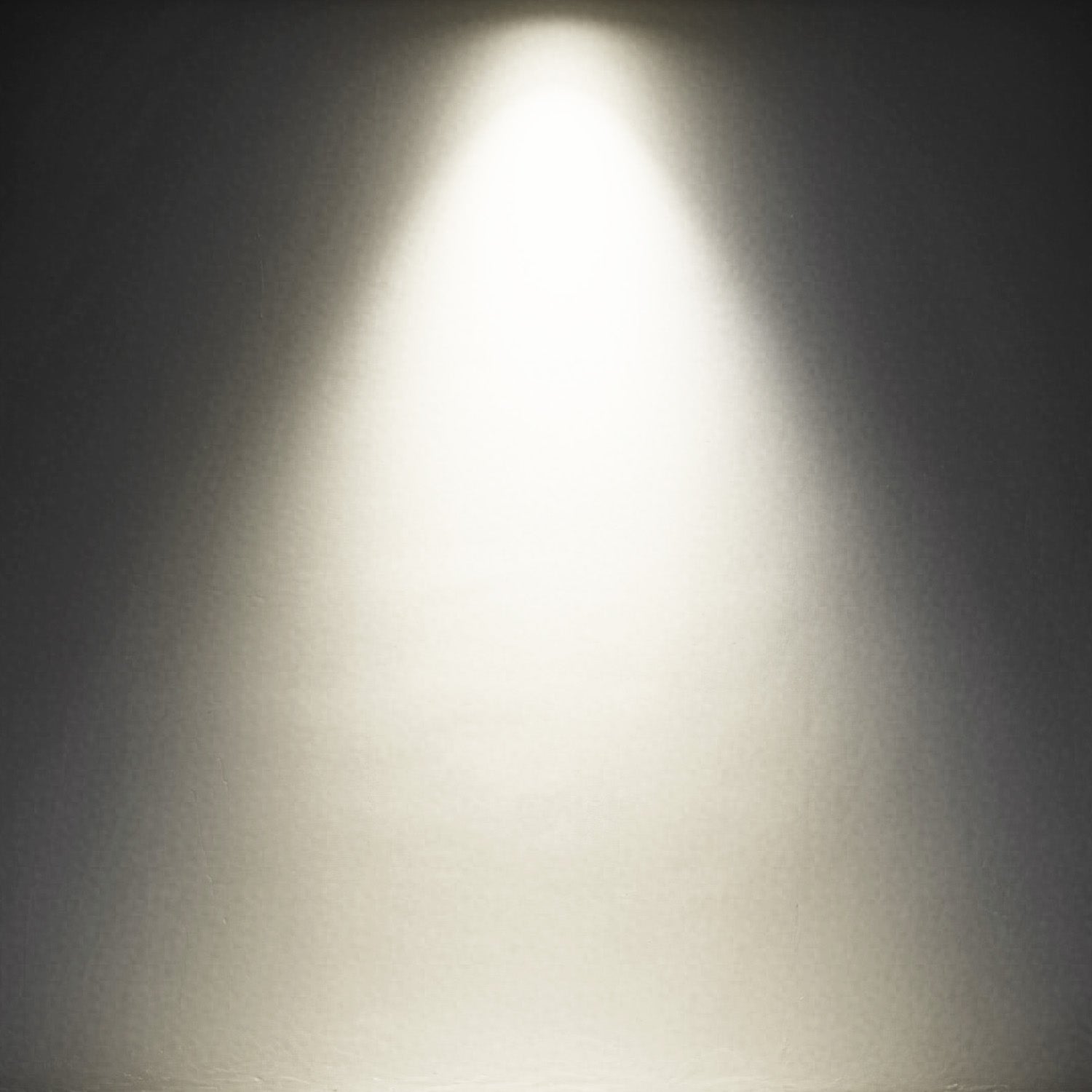
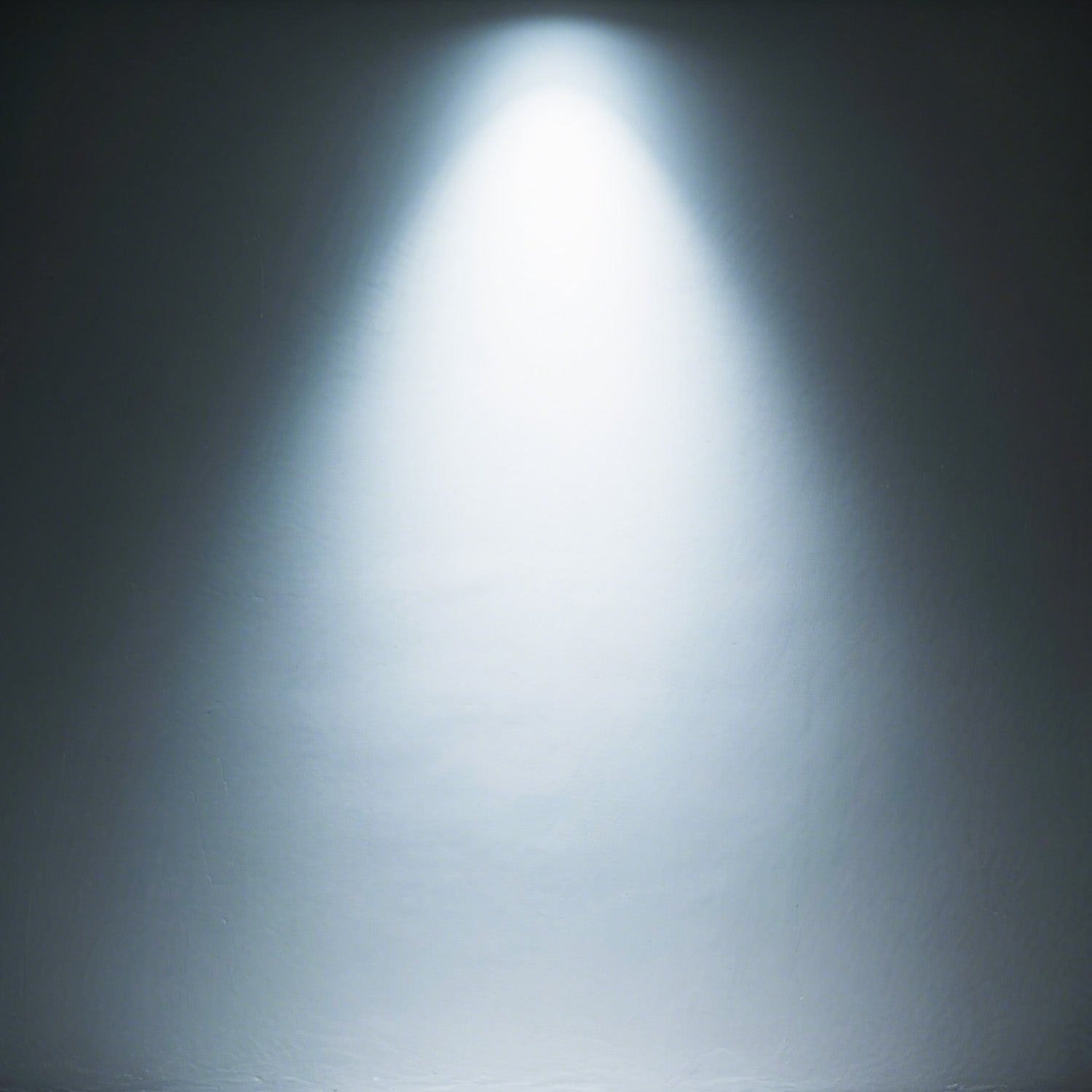
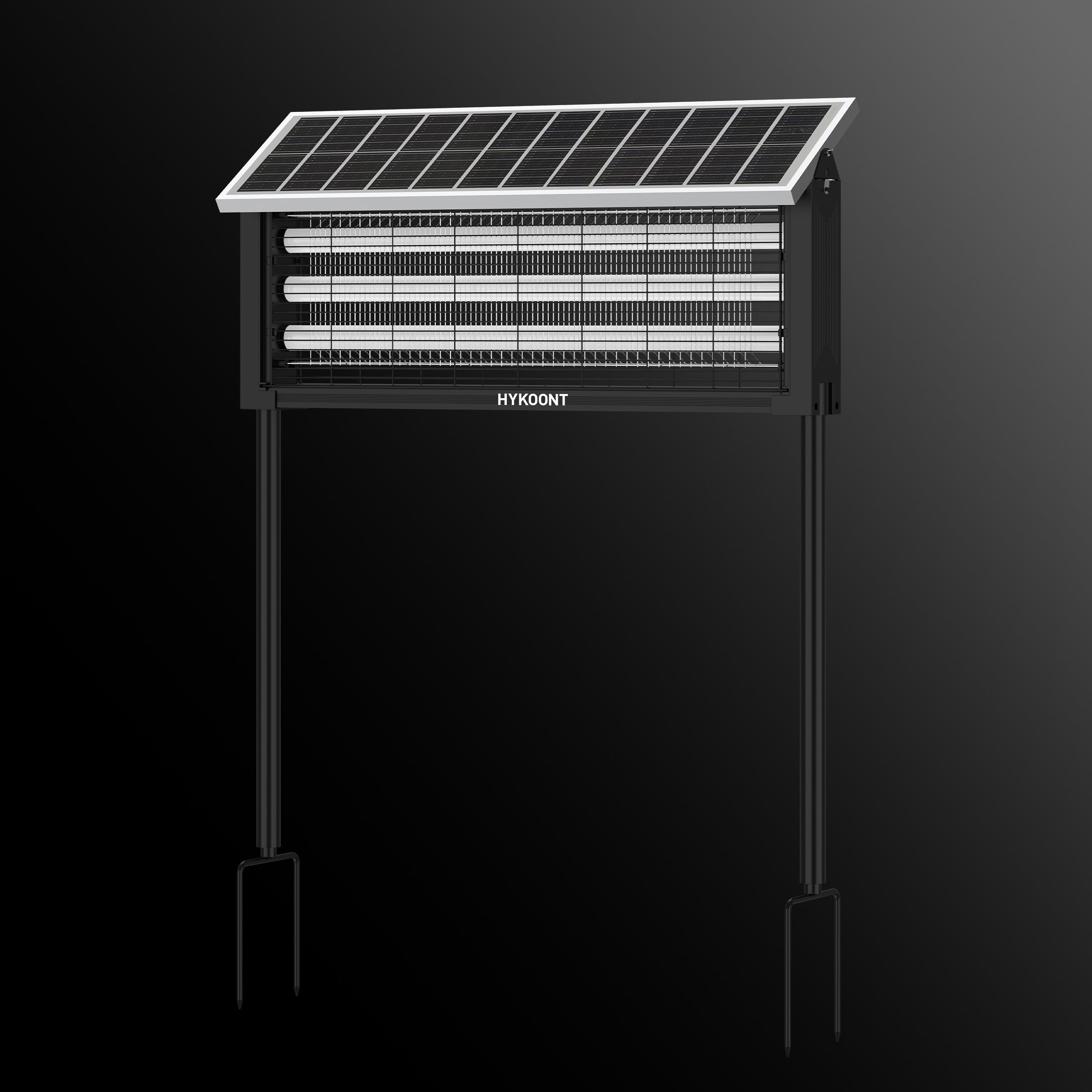
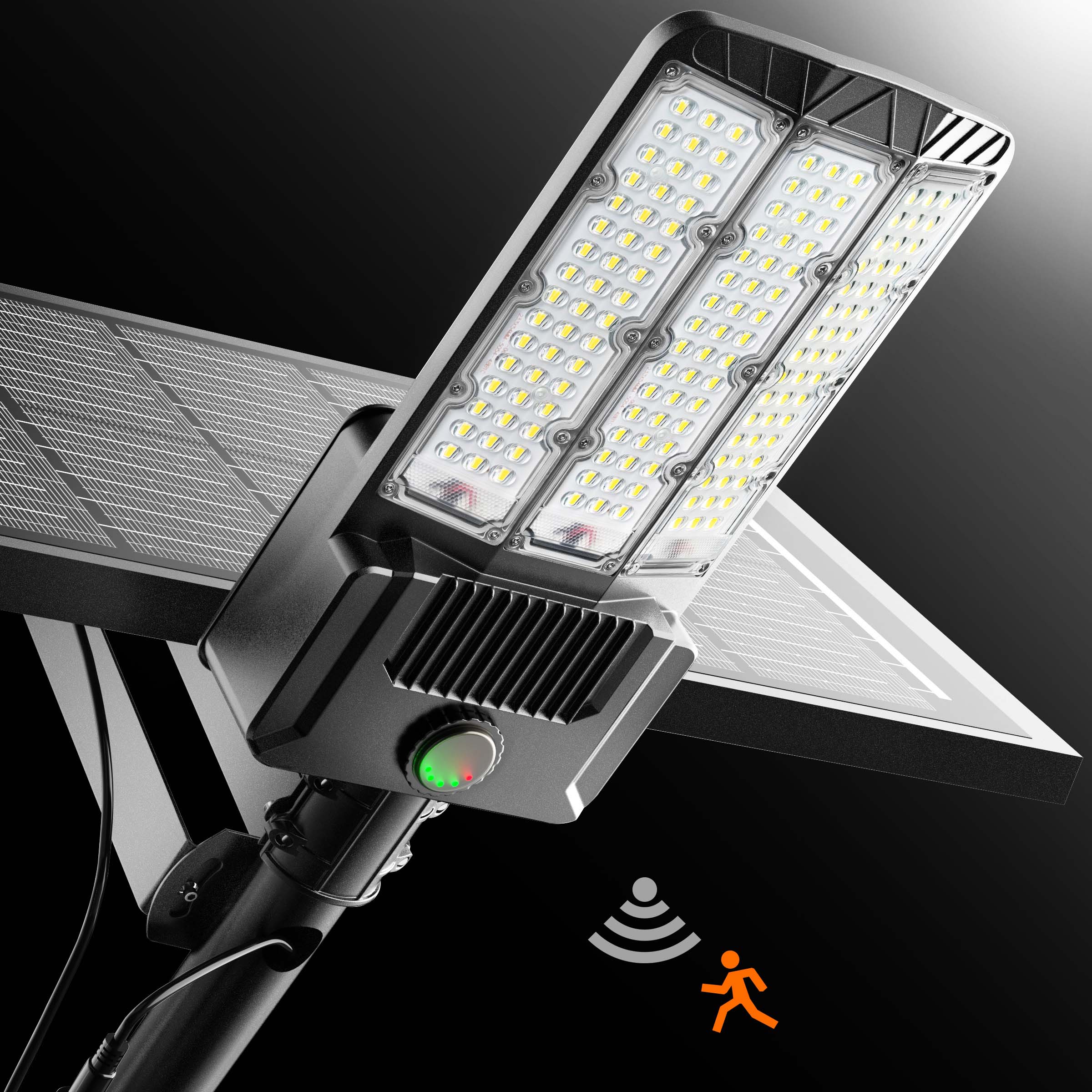
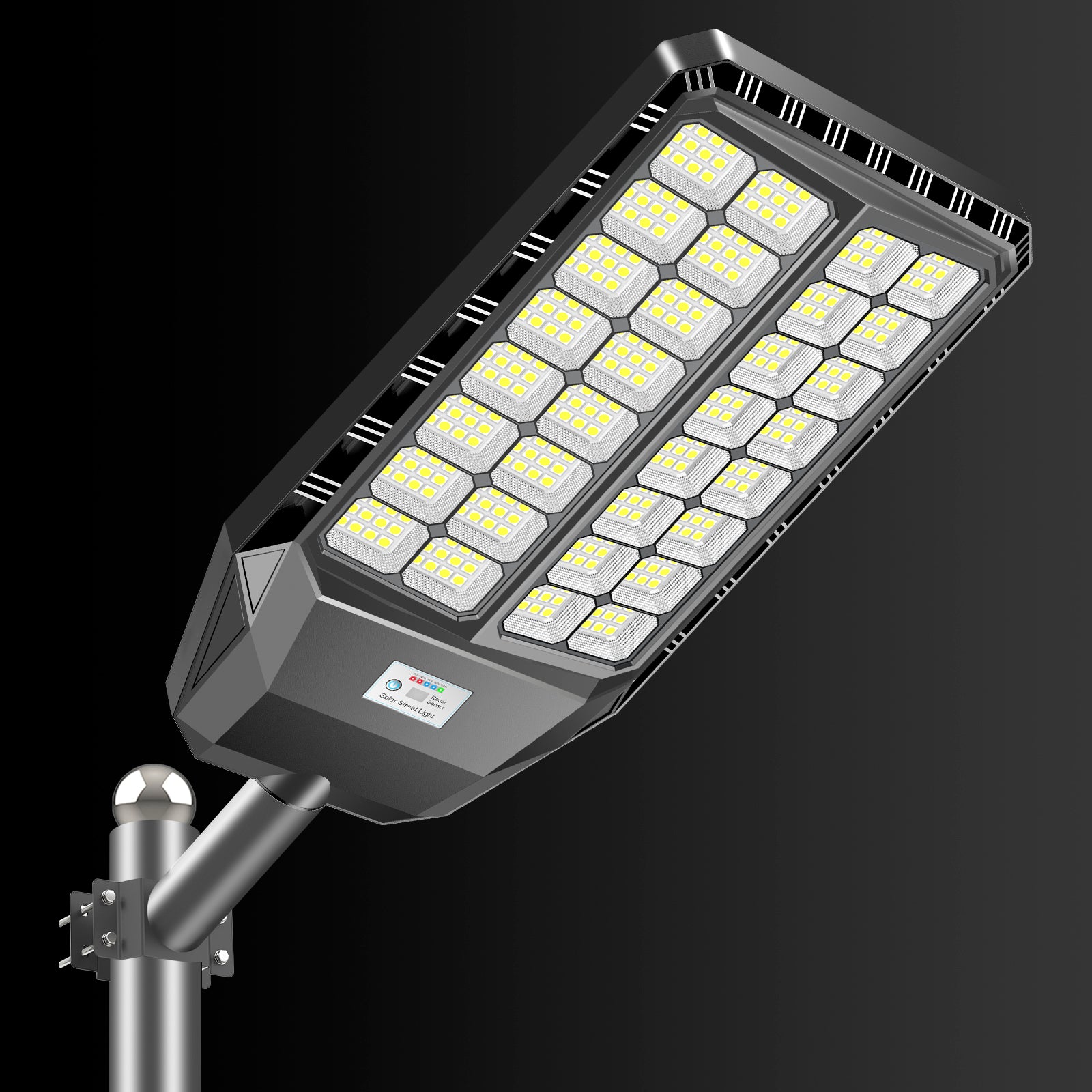
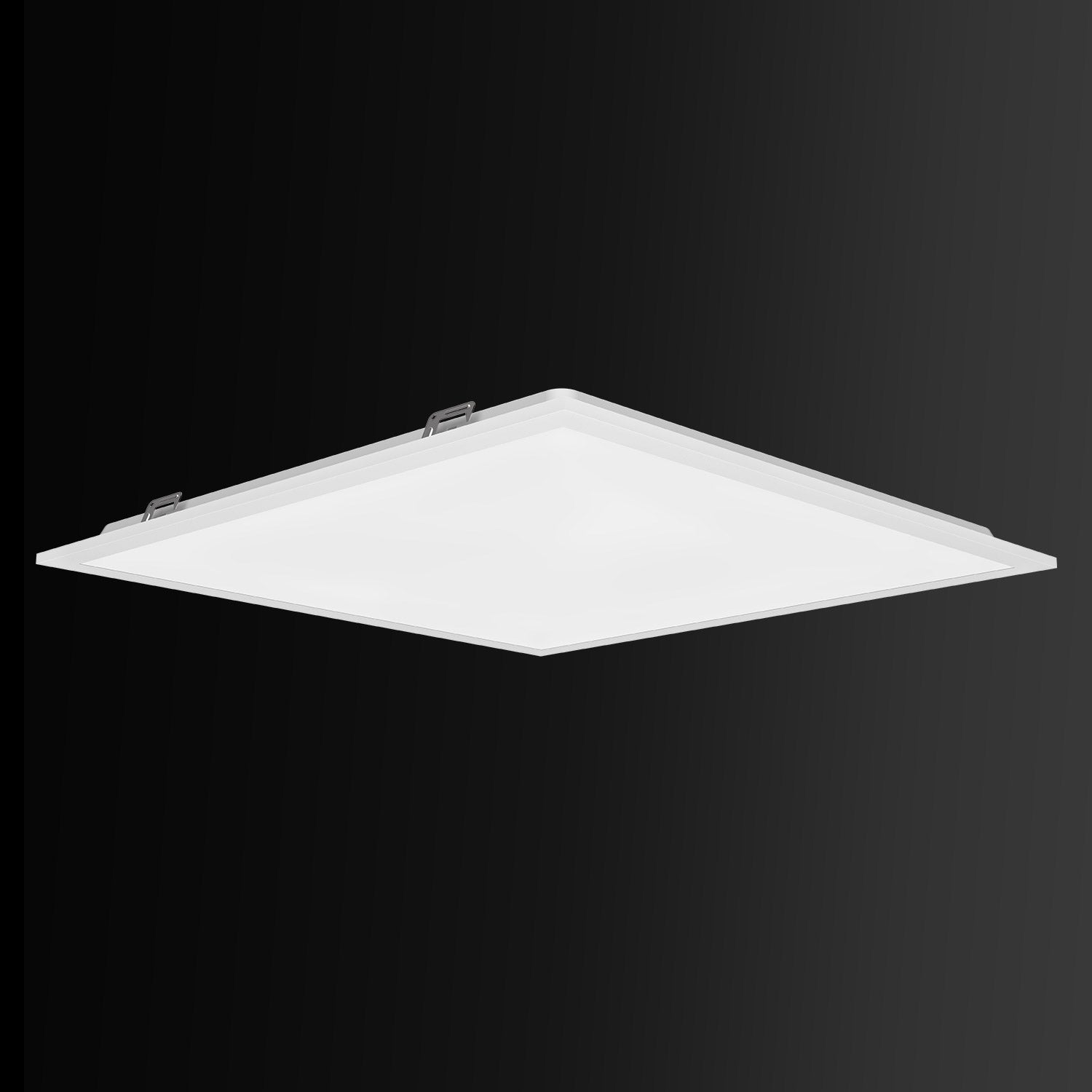


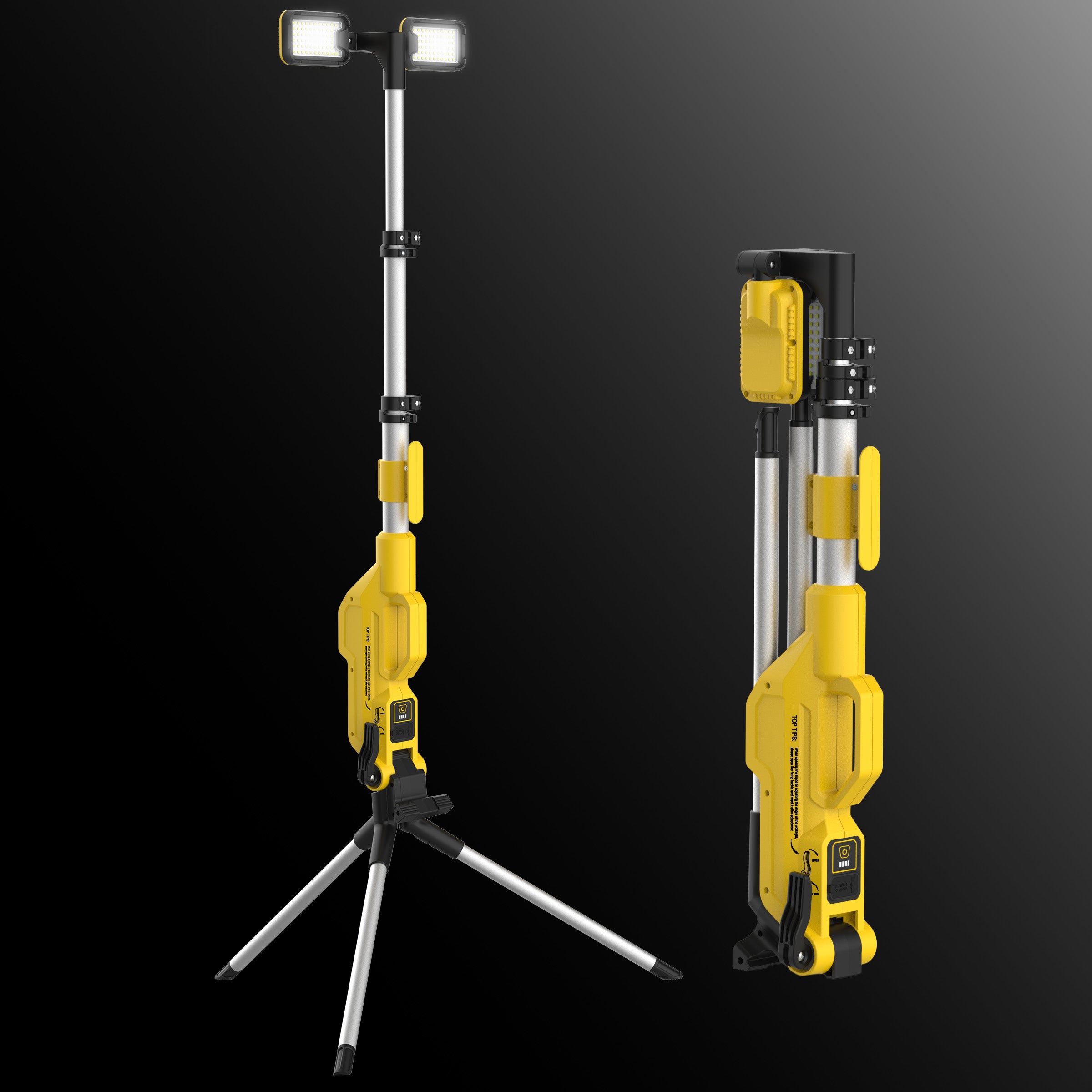
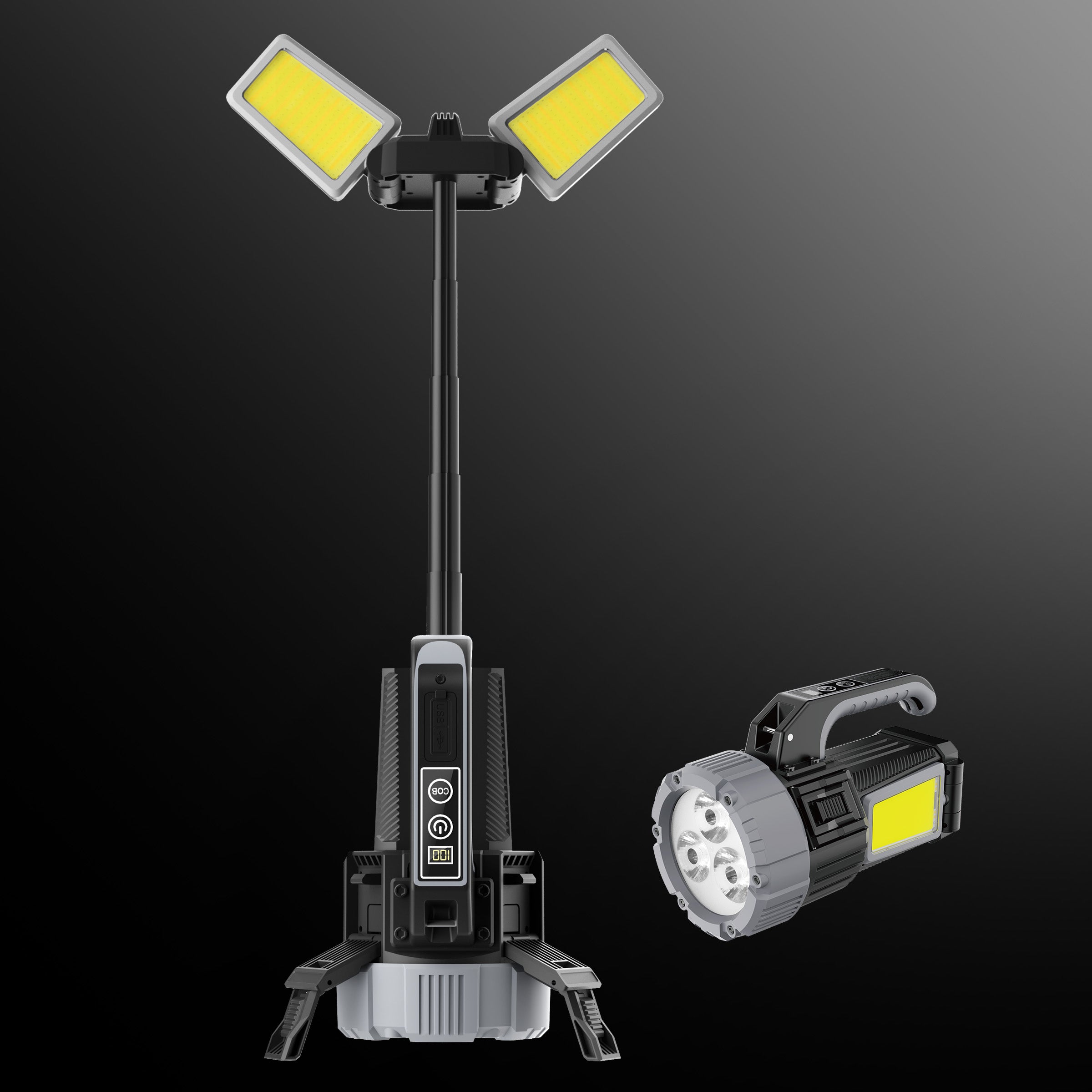



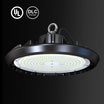
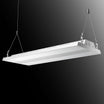


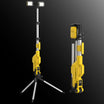
![[50%OFF] Hykoont LS018 Multi-Function 2 in 1 Flashlight Portable Extendable Adjustable Brightness CCT Bright](http://hykoont.com/cdn/shop/files/HYK-STDG18-2.jpg?v=1765273877&width=104)
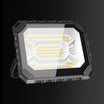



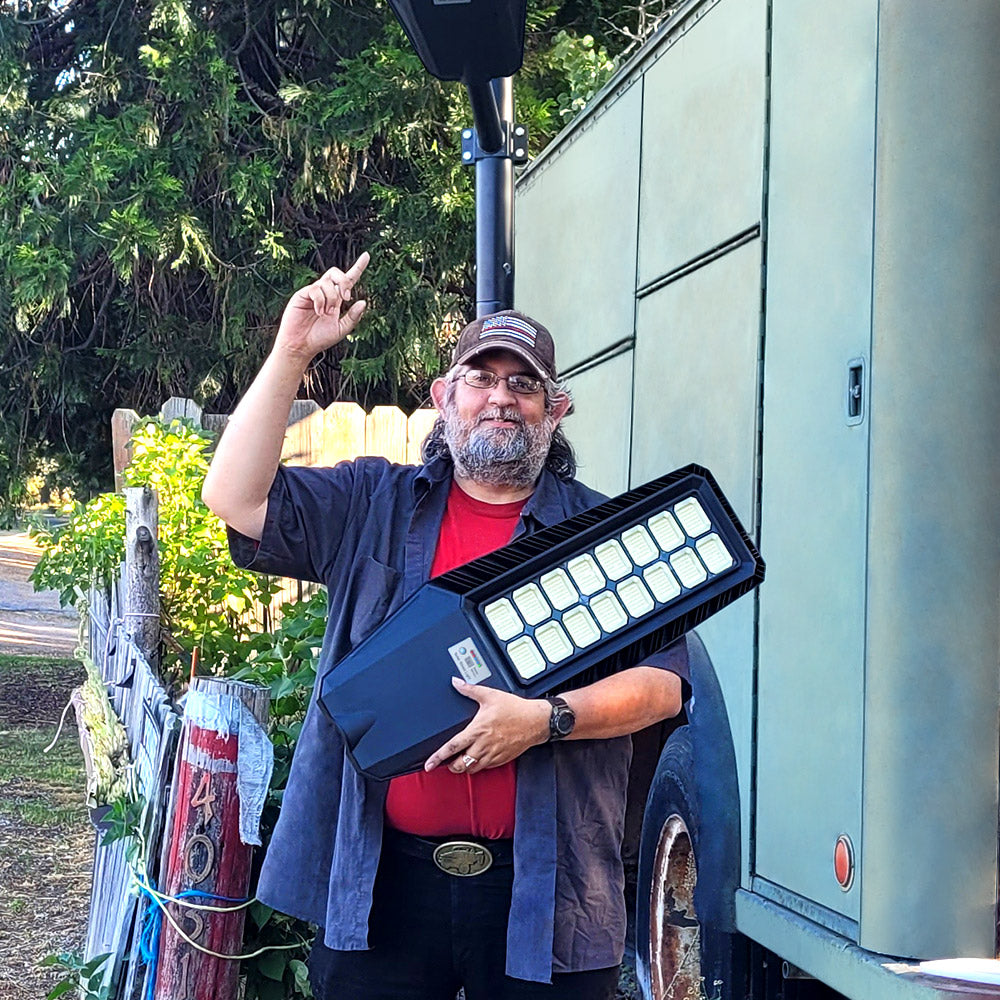
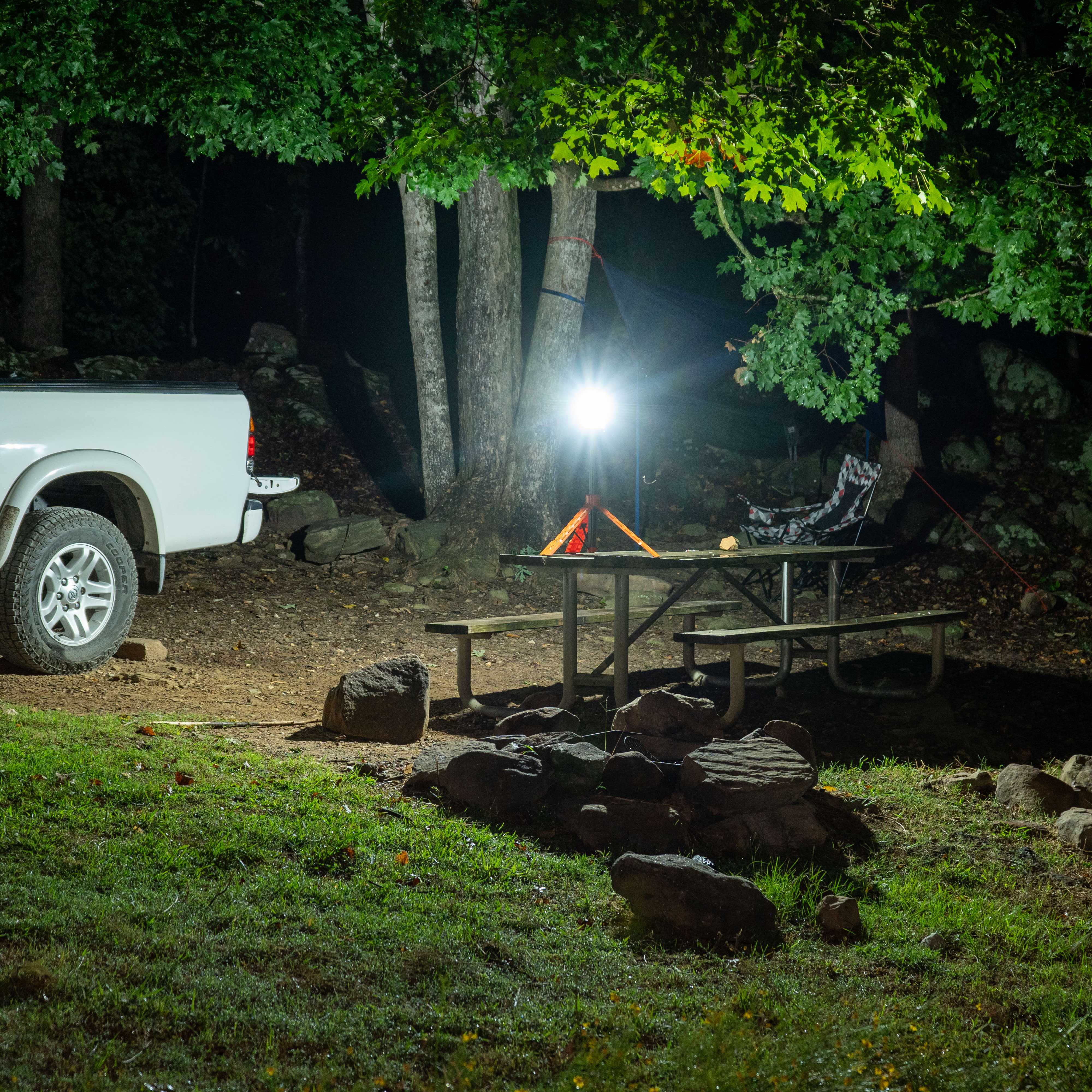
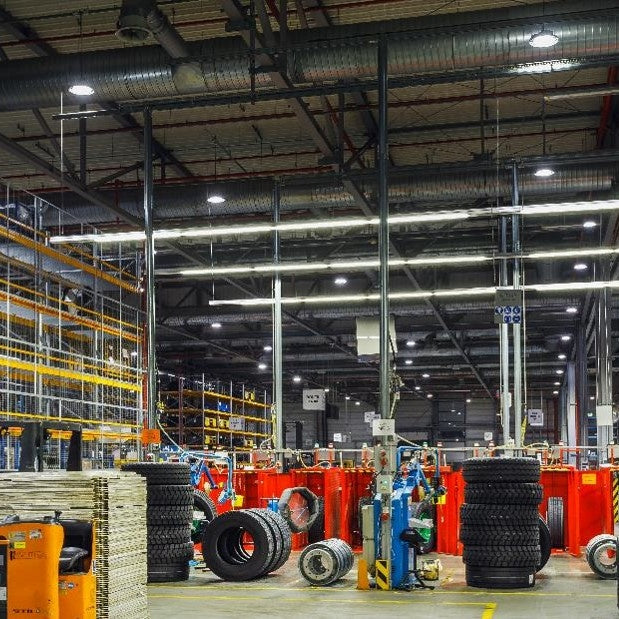
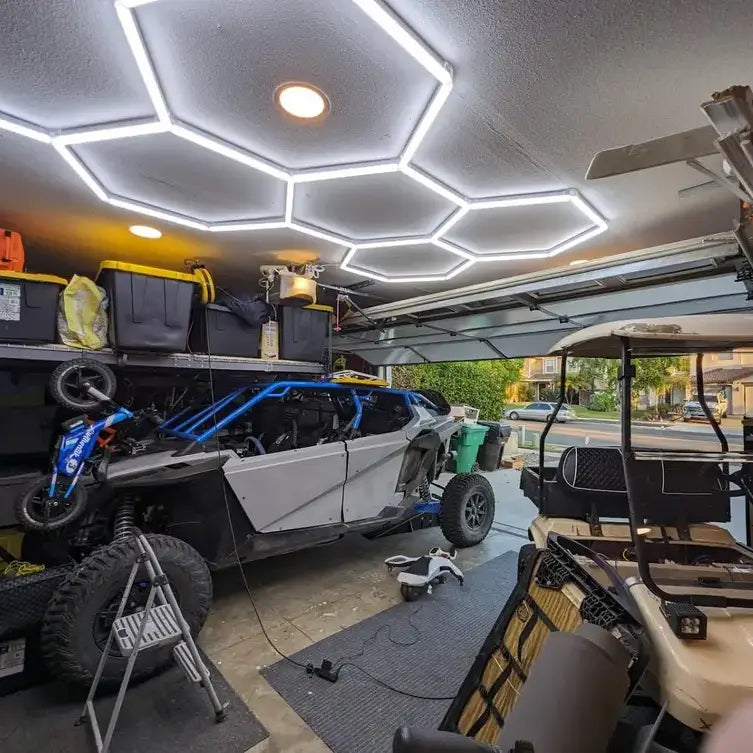
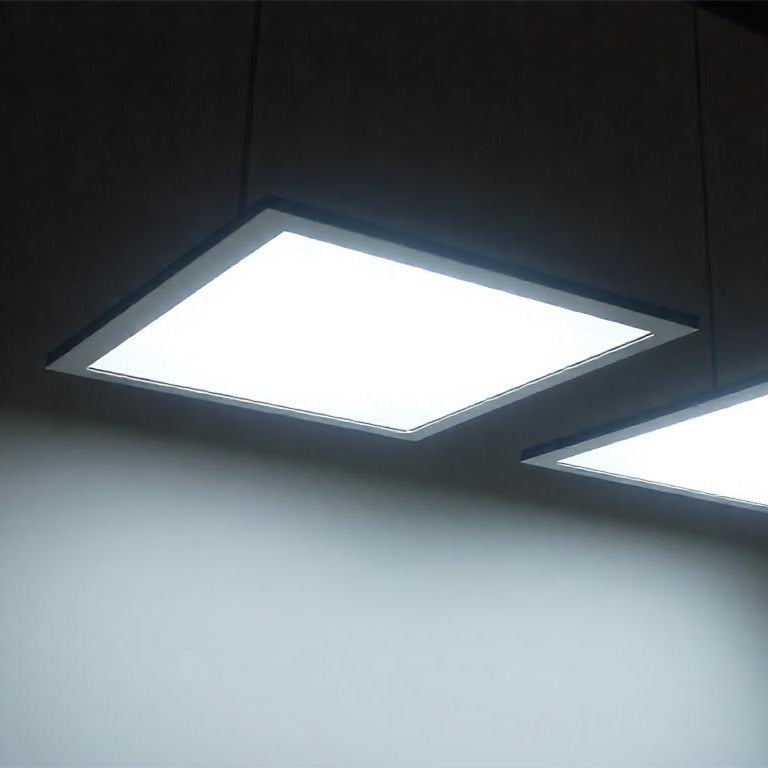
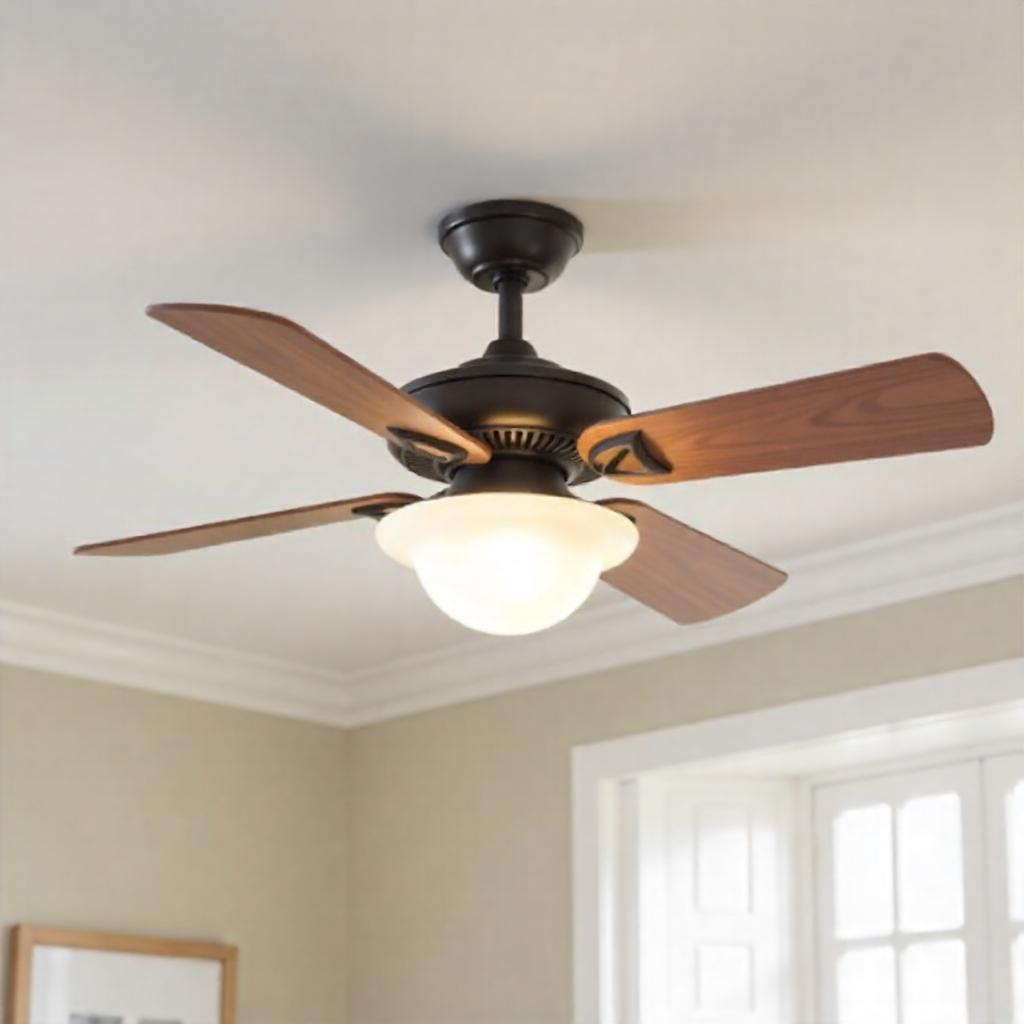
Leave a comment
This site is protected by hCaptcha and the hCaptcha Privacy Policy and Terms of Service apply.